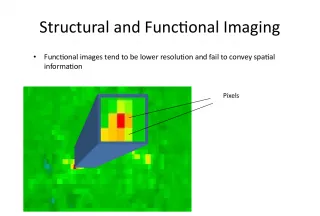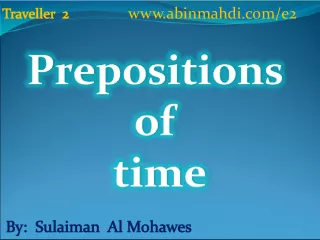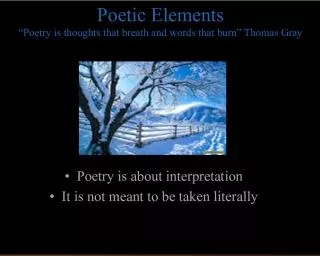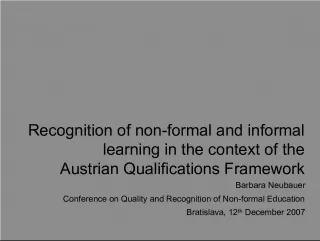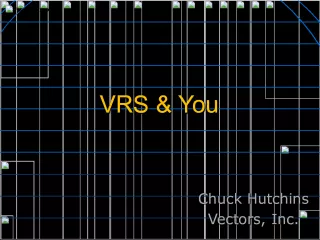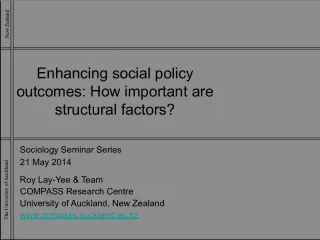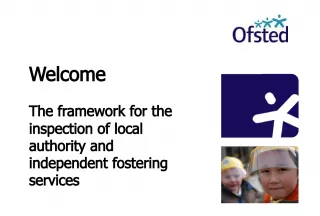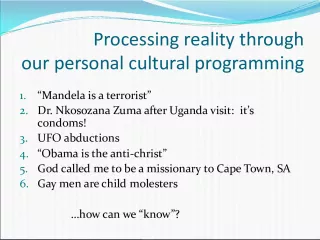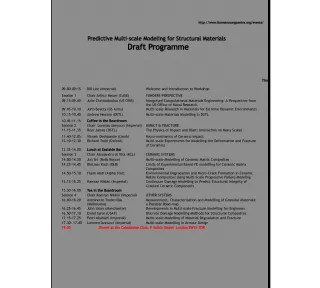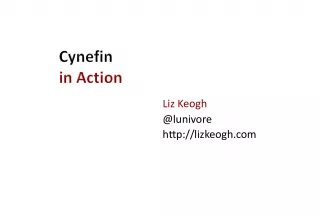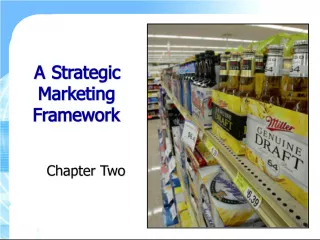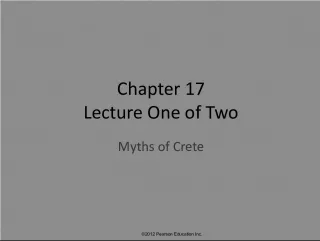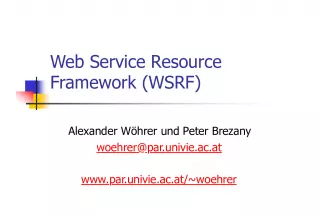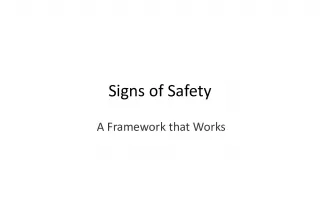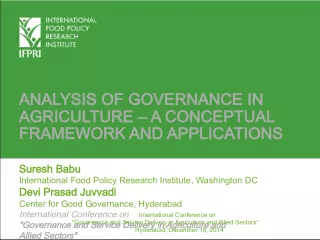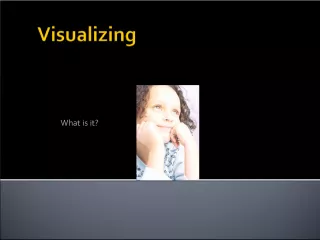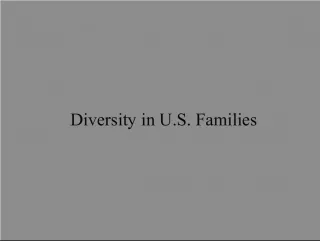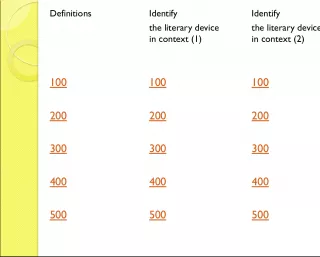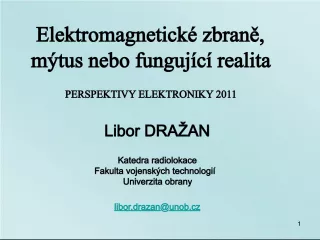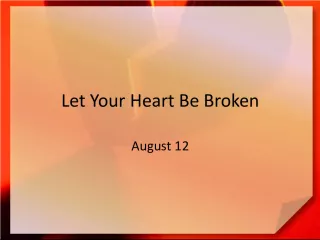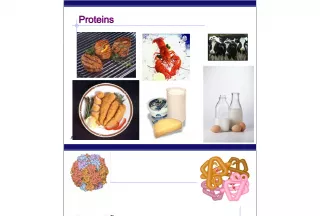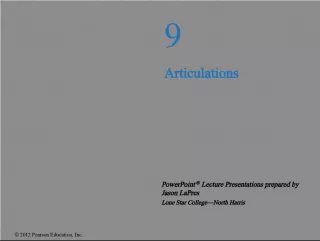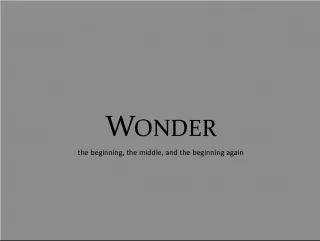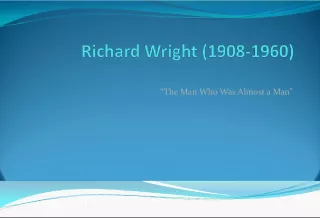Exploring the TOK Structural Framework of Reality and Imagination.
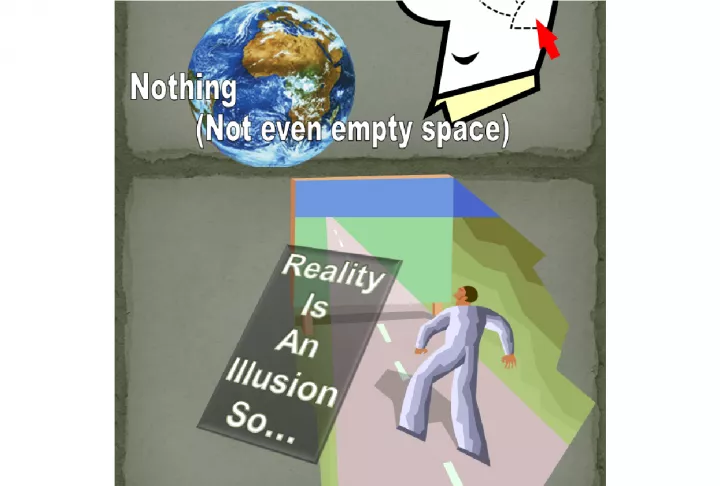

This article discusses the ideas presented in the TOK Structural Framework and how they relate to our perception of reality and imagination. The article specifically explores the concepts of solipsism and the role of the mind in creating reality.
- Uploaded on | 0 Views
-
 annistyn
annistyn
About Exploring the TOK Structural Framework of Reality and Imagination.
PowerPoint presentation about 'Exploring the TOK Structural Framework of Reality and Imagination.'. This presentation describes the topic on This article discusses the ideas presented in the TOK Structural Framework and how they relate to our perception of reality and imagination. The article specifically explores the concepts of solipsism and the role of the mind in creating reality.. The key topics included in this slideshow are TOK, structural framework, reality, imagination, solipsism, mind,. Download this presentation absolutely free.
Presentation Transcript
9. A TOK Structural Framework
13. Whatever I believe is real.
15. Only one thing exists a single mind
16. All other reality is created by that mind as an act of imagination .
17. The creation is arbitrary and subject to arbitrary change.
18. Knowledge is a matter of perceiving what is imagined at any given moment.
19. Learning is a matter of perceiving the current reality.
20. Perception cannot be wrong. All knowledge is: temporary, arbitrary, and pointless.
22. Solipsi sm Reality is that which, when you stop believing in it, doesnt go away. --Philip K. Dick
24. Whatever is real is real, regardless of what I believe.
26. Things other than our own mind exist.
27. Knowledge is a matter of ascertaining the truth of the external reality.
28. Reality is both understandable and predictable to a significant degree. http://www.youtube.com/watch?v=qurgArAQj8g
29. Our minds have some control over reality, but what we can create is limited by the laws of physics.
30. Is bounded by the limitations of our ways of knowing : 20Hz 20kHz 55kHz
32. Learning is a matter of refining previous understanding. http://www.csmate.colostate.edu/cltw/cohortpages/vi ney_off/atomhistory.html
33. We dont know what we dont know. We dont know how much we dont know. We may possibly one day know all there is to know. (That seems unlikely.) We will not be able to know if we know all that there is to know.
34. Perception and interpretation can be flawed. Technology cannot provide us with infinite extension of our own perception. The universe is immense; even with miraculous technology we cant reach it all. Reality changes over time. Reality is probably NOT completely knowable
35. Learning requires discipline, care, objectivity, commitment, and flexibility.
36. Learning results in something real that can be used as the basis for decision-making.
37. An investigation into the limits and capabilities, the liabilities and assets of our Ways of Knowing AND An investigation into the mechanisms, both technological and procedural, within each of the Areas of Knowledge that allow us to maximize the assets and minimize the liabilities of our Ways of Knowing.
38. means seeking facts
39. Something that is true by correspondence. Something that is true by coherence, but which has additionally been established through lengthy and careful study and rests on a vast body of evidence. (This kind of fact is not absolutely certain, but is nearly so.) Something that is true by authority.
40. We dont know all the facts of the universe. We may never know all the facts of the universe. We will never know whether we know all the facts of the universe. Some facts are beyond our ability to alter. ALL facts are beyond our ability to alter simply by wishing.
41. To equip you to know the difference between: Developing facts based on opinions Developing opinions based on facts. Barack Obama was born in Kenya! Actually, no. And it wouldnt matter if he had been! and
42. Students learn to have as much control over their lives as possible.
43. Students learn to assess the quality and reliability of information so that they cannot be easily manipulated.
